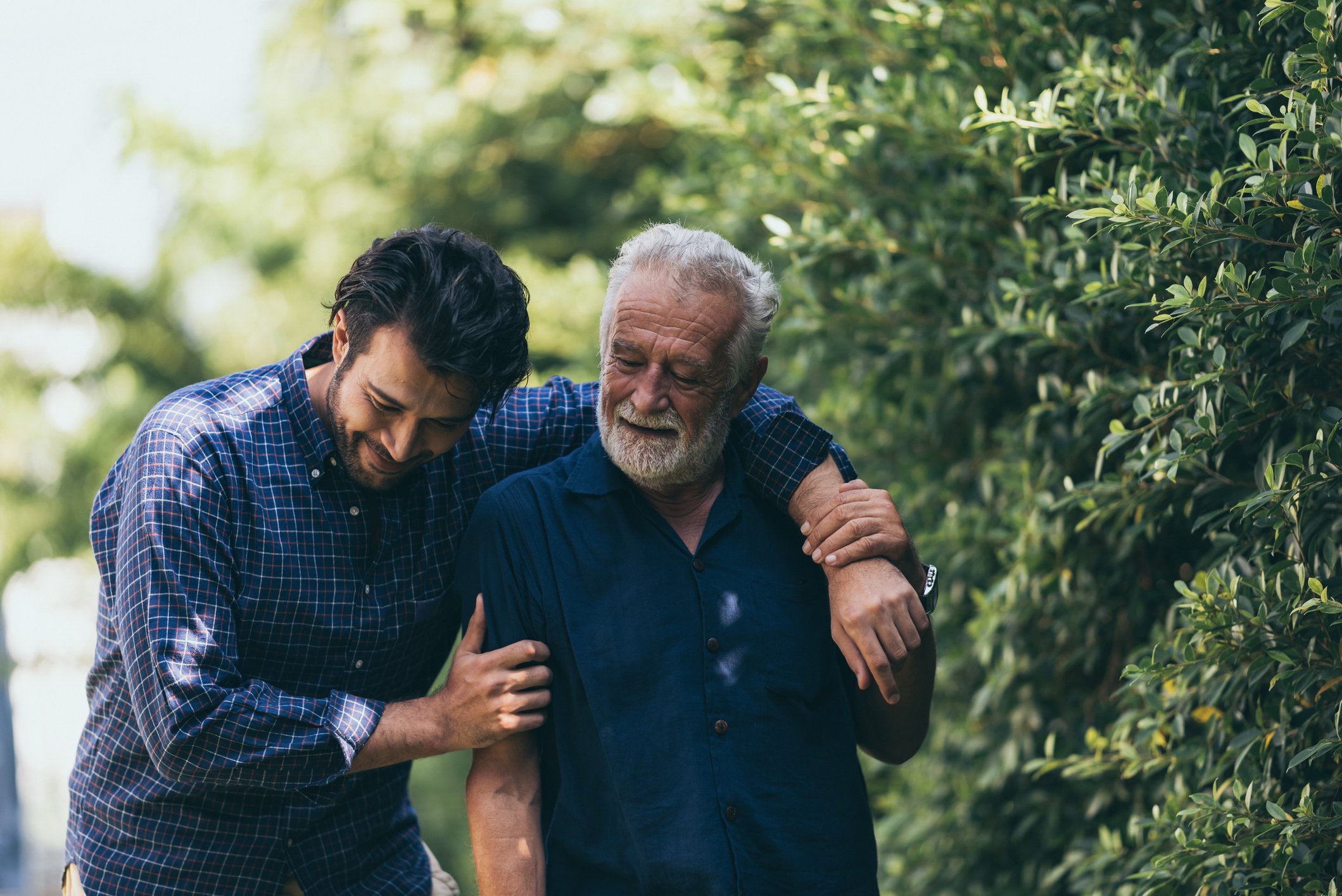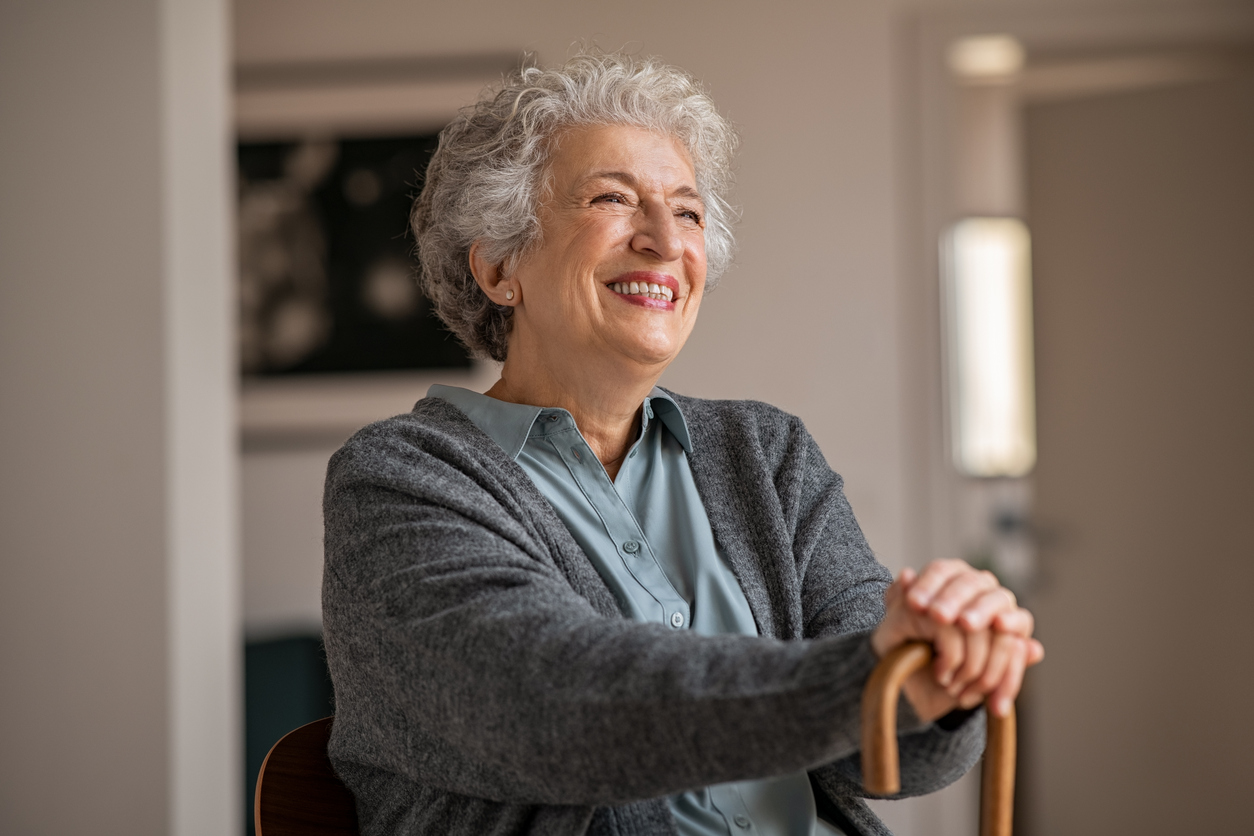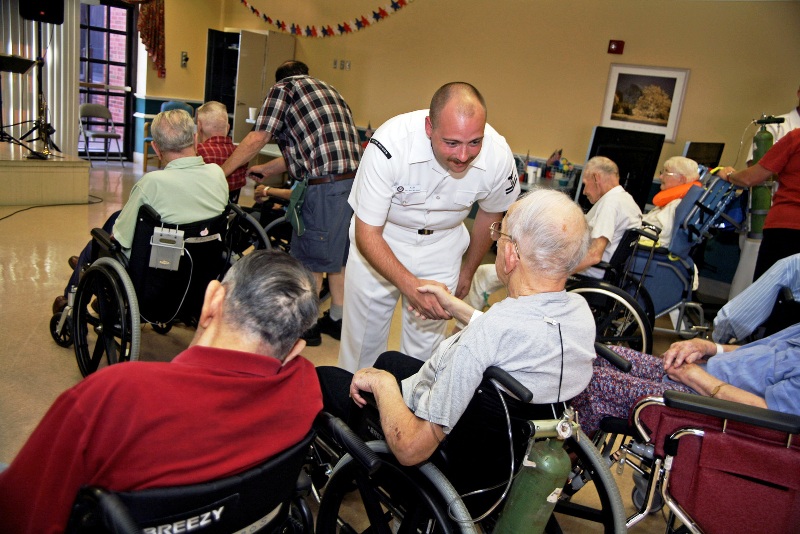Memory lapses, weight gain, and feelings of loneliness are some physiological and psychological symptoms threatening the elderly. To fight against aging, there are simple things to do on a daily basis. So, without further ado, let’s dive into this blog and learn some of the things you should know about aging well at home.
1. Practice regular physical activity

As we age, we are naturally exposed to weight gain and metabolic, cardiovascular, and respiratory problems. It is important to practice regular sport activity to age well, maintain your physical condition, and reduce the risk of loss of autonomy. Sporting activity brings four benefits: endurance, muscle strengthening, flexibility, and balance. Sport is not only good for the body; it also strengthens cognitive functions and relieves stress.
Sport, if practiced regularly and correctly, becomes a source of pleasure and satisfaction. The aging person develops confidence and self-esteem. In short, sport allows people to age well because it contributes to the well-being of seniors and considerably improves their quality of life. Sports clubs have the advantage of offering a wide variety of activities.
Country dancing, tai chi, yoga, gentle gymnastics, or cardio training are all accessible to seniors. By joining a club, aging people also benefit from personalized advice from a qualified sports leader. In this way, they run no risk of injury and optimize their efforts to age well. Sports clubs are also places where people can meet other seniors.
2. Eat a healthy diet
The secret to a healthy and balanced life lies in your plate! Today in the United States, undernutrition affects between 4 and 10% of people over 70. However, diet is a major factor in physical health and mental balance. To age well, the goal is not to regain a body of yesteryear but to maintain a BMI (Body Mass Index) between 19 and 25.
You must eat a balanced diet by increasing your consumption of fruits and vegetables, which are antioxidant foods. Be sure to reduce the caloric intake of your meal while avoiding refined sugar, excess salt, or fat. Eating a balanced diet is also about rediscovering the taste of good things, cooking, and sharing a meal with your loved ones.
To age well, water is essential, as it allows for good hydration. Sufficient consumption favors the optimal functioning of your body, such as eliminating waste by the kidneys and circulating intestinal transit. For optimal hydration, it is recommended to consume a minimum of 1.5 liters of water per day and to reserve alcohol for occasional events. To vary the pleasures, you can occasionally replace water with fresh fruit juice, tea, herbal tea, or vegetable broths.
3. Maintain social ties
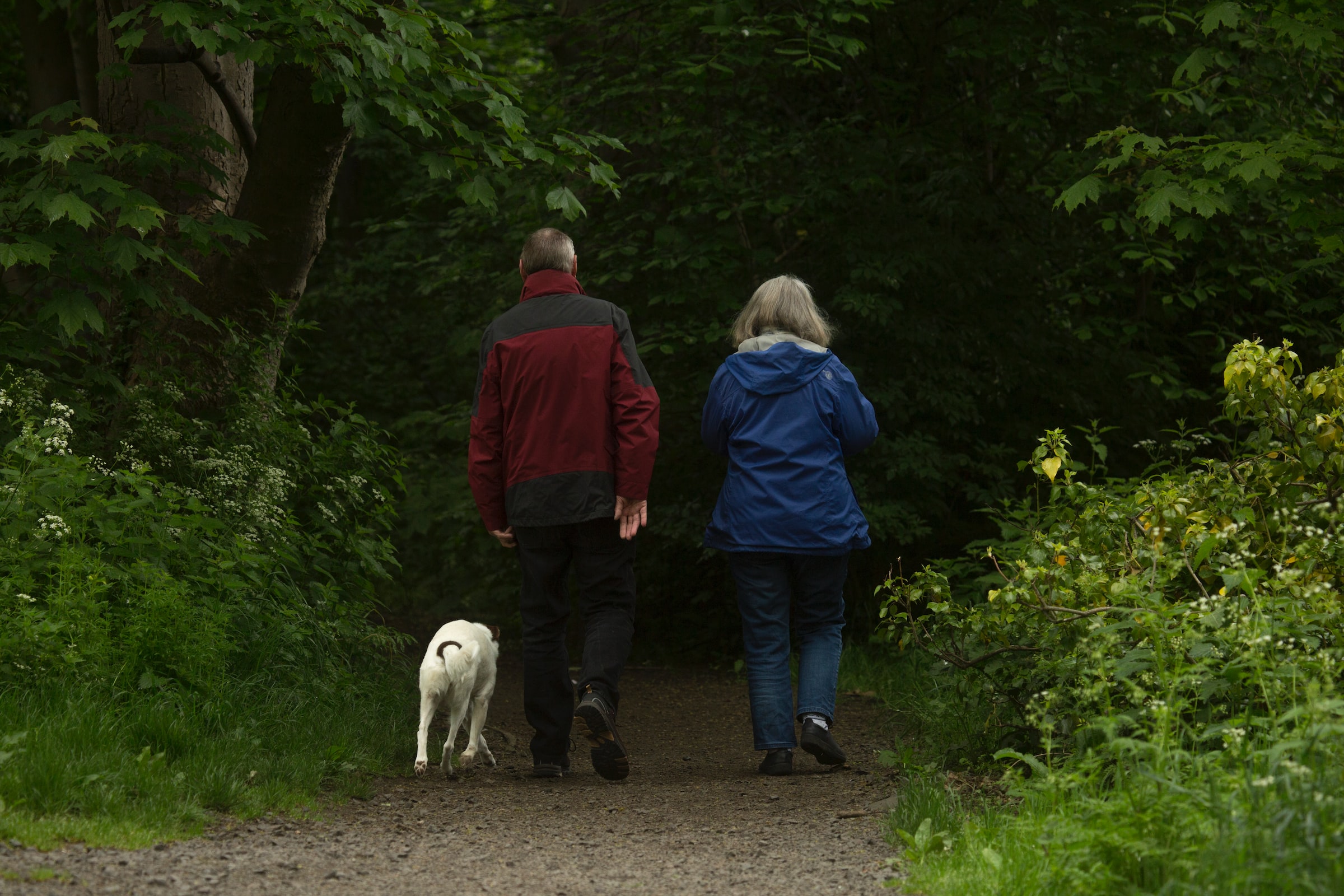
Retirement marks the end of professional life and the beginning of a new social identity. In contact with others, giving meaning to one’s life and giving rhythm to one’s days through different personal activities or community actions is important. After devoting one’s life to work and raising one’s children, one must think of oneself.
Retired people have plenty of time to accomplish personal projects. Learning another language, planning a trip, or moving to a new home are goals that stimulate an aging person’s life. Spending time with grandchildren, telling them about the family history, and passing on skills can also be a great way to spend time. There are no good or bad projects as long as they allow for aging well and thriving.
To age well, you need to maintain social interactions. Volunteering, participating in a neighborhood council, singing in a choir, tutoring, or getting involved in a humanitarian cause are all activities that provide a rich social life. By being involved in community action, an aging person maintains his or her ability to manage relationships with others and contributes to the community. In this way, he or she effectively fights against loneliness and melancholy.
4. Preventing age-related diseases
To feel good in your body and mind, taking care of yourself and adopting a healthy lifestyle are important. Despite the attention paid to your health, you are not immune to a weak immune system and certain aging-related diseases. A good immune system defends itself effectively against threats such as microbes and viruses. However, aging people have a weakened immune system.
Anxiety has a detrimental effect on health, as it causes the release of cortisol or adrenaline and impairs the proper functioning of the immune system. Less reactive, it exposes seniors to slower healing and a higher risk of infections. To strengthen the immune system, it is important to have a healthy lifestyle and good stress management.
5. Maintain your memory
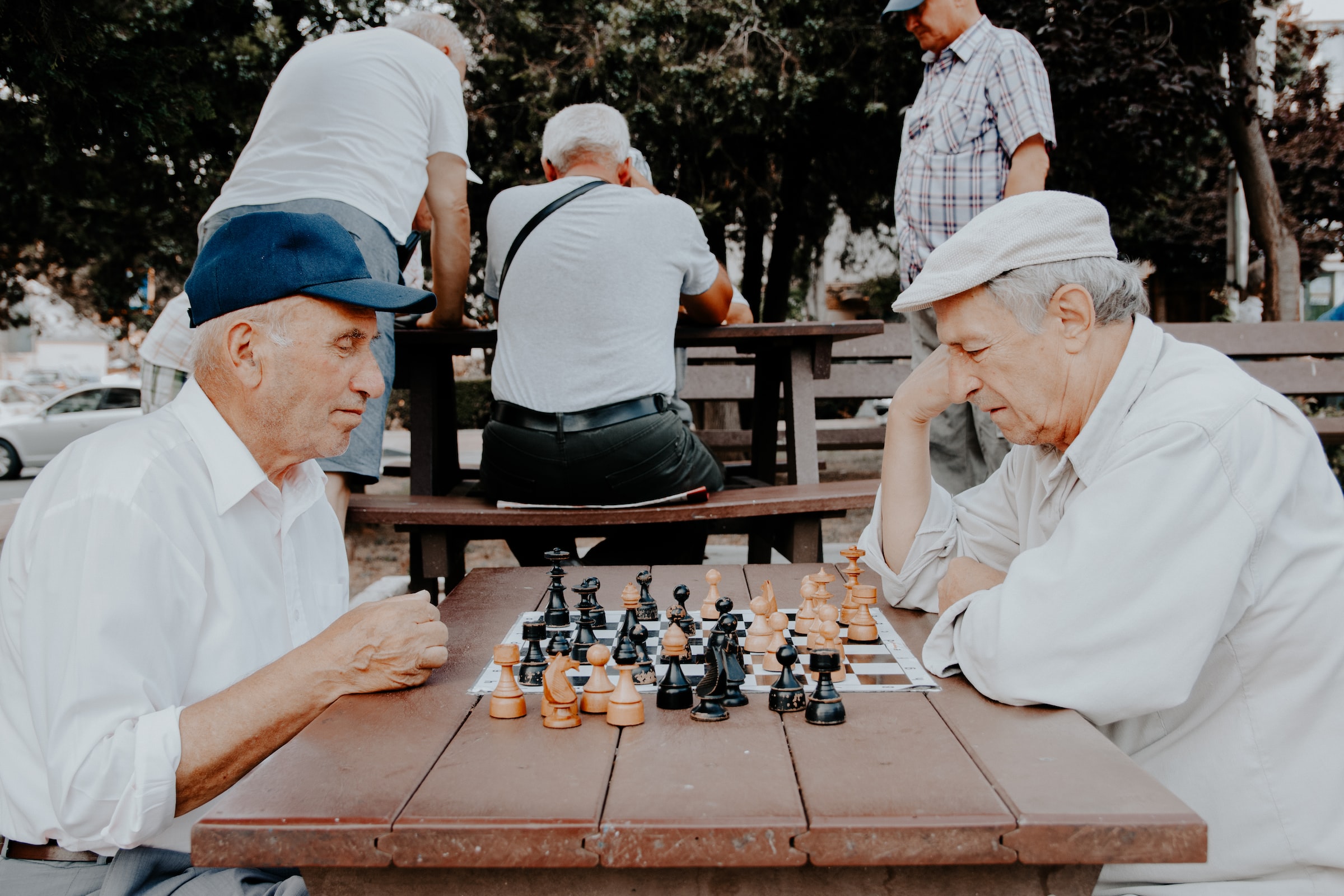
There is no age to play, especially when it comes to aging well! Nearly 65% of aging people complain of memory lapses. To keep our minds sharp and alert, it is necessary to stimulate our cognitive functions through intellectual activities and a healthy lifestyle. In general, games encourage us to think, deduce and use our memory. As for reading, it allows us to develop our faculties of concentration, reasoning, associations of ideas, and imagination.
Insomnia affects 40% of people over 75. This lack of sleep can seriously affect the psychological well-being of the elderly and their ability to memorize and concentrate. To age well, it is, therefore, important to get enough sleep. To do this, it is advisable to be physically active and to avoid stimulating foods such as coffee or tea. If insomnia persists, you should consult your doctor, as sleep disorders may be linked to involuntary muscle contractions, high blood pressure, or hormonal disorders.
Sound off in the comments section below, and tell us what you want to read next and if you want to read more about aging well at home.



